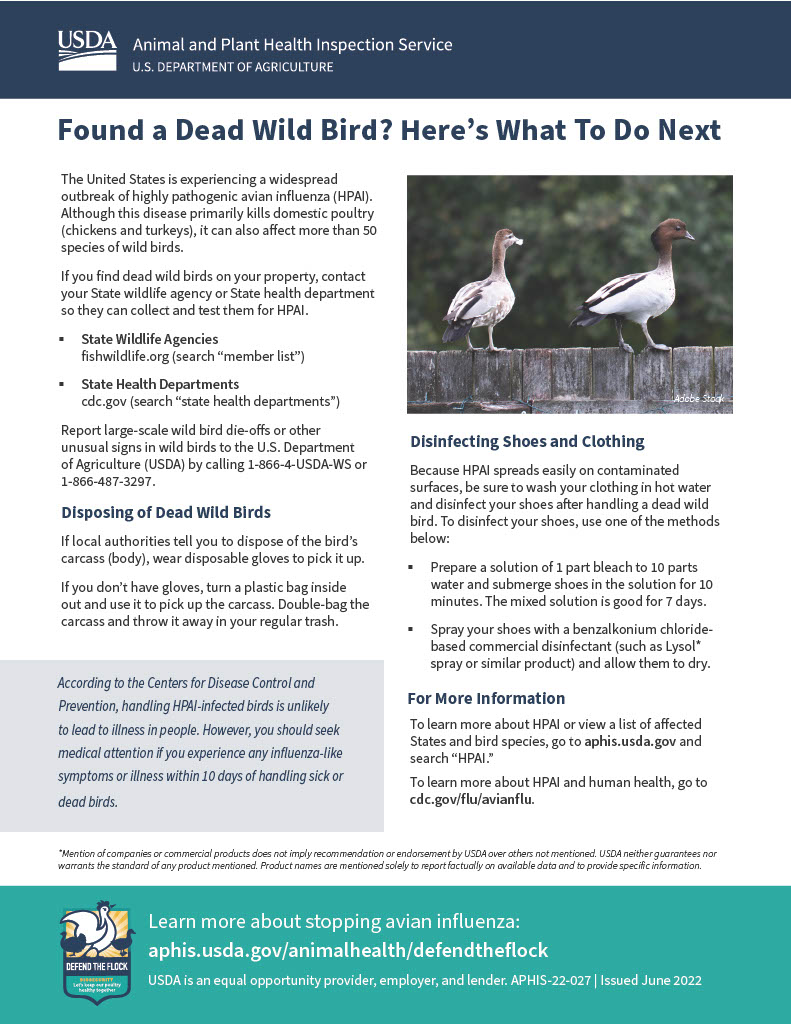The training is offered online on Tuesdays at 7:00 PM and Fridays at 1:00 PM, except for holidays. Please sign up 24 hours in advance to allow time to get your registration link.
Narcan (Naloxone) is a medicine that rapidly reverses an opioid overdose. Narcan can quickly restore normal breathing to a person if their breathing has slowed or stopped because of an opioid overdose. It cannot be used to get high and is not addictive. Naloxone is safe and effective; emergency medical professionals and doctors have used it for decades.
You can register online, call or email us to set up your free Narcan Training in-person or virtually. Upon completion, you will receive a free Narcan kit. The kit includes:
What you will learn:
For more information and to schedule a training or an appointment, call 301-609-5757.
Opiates are drugs derived from the poppy plant or synthetic chemical equivalents.
The medical use of opiates is to alleviate pain, decrease cough, and to treat opiate addiction.
Some of their side effects are euphoria and sleepiness. Some common opiates are morphine,
heroin,and codeine. Opiates are sometimes referred to by the broader term, “narcotics.”
While Opiates have been used as pain killers for hundreds of years,
they have also been used recreationally and abused for many years.
Addiction does not discriminate.

Opioid overdose happens when a toxic amount of an opioid—alone or mixed with other opioid(s),
drugs and/or substances—overwhelms the body’s ability to handle it.
Many opioid-related overdoses result from mixing prescription painkillers or heroin with benzodiazepines (benzos), cocaine and/or alcohol.
FENTANYL
Fentanyl is a synthetic opioid that is 50-100 times more potent than morphine, and 25-50 times more potent than heroin. Below are lethal doses of heroin, fentanyl, and carfentanil.

Drug users are not always aware when their heroin is laced with fentanyl, so when they inject their usual quantity of heroin, they may accidentally take a deadly dose of the substance.
The Disaster Distress Helpline, 1-800-985-5990, is a 24/7, 365-day-a–year, national hotline dedicated to providing immediate crisis counseling for people who are experiencing emotional distress related to any natural or human-caused disaster.
If you or someone you love is struggling with mental health issues or addiction, there are a variety of resources that can help.
The Charles County Department of Health is committed to keeping you and your family safe from the potential mishandling or misuse of prescription drugs. If you have any unused or expired prescriptions, get rid of them—do not keep them around for later use “just in case.” DO NOT flush medications or pour then down the drain—this can pollute water supplies and is also illegal in many areas.
Take medications to designated drop box locations around Charles County or participate in drug take-back events and programs overseen by the County. If you cannot reach a drop box location or drug take-back event, mix the medication with an unappealing substance such as dirt, cat litter, or coffee grounds, and place the mixture in a sealed plastic bag. Place the sealed bag directly in your trash can and cover with additional trash items.
For free medication disposal pouches, visit the Health Department or call us at 301-609-5757. For more information visit lockitupcc.org.

